The Rise of AI Sparks a Rethink of the Apprenticeship Model for Knowledge Professionals
The increasing adoption of artificial intelligence (AI) in the legal industry has led to a significant shift in the way knowledge professionals are trained and developed. According to a recent report, the global AI market is projected to reach $190 billion by 2025, with the legal sector accounting for a substantial share of this growth. As AI continues to automate routine tasks, the traditional apprenticeship model is being reevaluated to ensure that knowledge professionals are equipped with the skills necessary to thrive in an AI-driven environment.
In the past decade, the number of AI-related jobs in the legal sector has grown exponentially, with a 300% increase in AI-related job postings between 2015 and 2020. This surge in demand has created a need for a new approach to training and development, one that focuses on the skills that are complementary to AI, such as critical thinking, creativity, and problem-solving.
Nandan Nelivigi, a partner at White Case, has witnessed firsthand the impact of AI on the legal profession. With over 30 years of experience, Nelivigi has seen many forms of automation gradually change the tasks assigned to first-year associates. "When I began my career with a freshly minted Harvard Law degree, I recall spending countless hours researching and drafting documents," he said. "Today, AI-powered tools can perform these tasks with ease, freeing up lawyers to focus on higher-value tasks that require human judgment and expertise."
The traditional apprenticeship model, which has been the cornerstone of legal education for centuries, is being reevaluated in light of these changes. The model, which involves pairing junior lawyers with experienced mentors, is no longer sufficient to equip them with the skills necessary to succeed in an AI-driven environment. As AI continues to automate routine tasks, the focus is shifting to developing skills that are complementary to AI, such as critical thinking, creativity, and problem-solving.
Thomson Reuters, a leading provider of AI-powered tools for the legal industry, is at the forefront of this shift. Under the leadership of CEO Steve Hasker, the company has invested heavily in developing AI-powered tools that can assist lawyers with tasks such as research, drafting, and analysis. "The future of the legal profession is not about replacing human lawyers with machines," Hasker said. "It's about augmenting their abilities with AI-powered tools that can help them work more efficiently and effectively."
As the legal industry continues to evolve, it is clear that the traditional apprenticeship model is no longer sufficient to equip knowledge professionals with the skills necessary to succeed. The rise of AI has created a need for a new approach to training and development, one that focuses on the skills that are complementary to AI. By investing in AI-powered tools and developing skills that are complementary to AI, knowledge professionals can thrive in an AI-driven environment and continue to provide value to their clients.
In conclusion, the rise of AI has sparked a rethink of the apprenticeship model for knowledge professionals. As the legal industry continues to evolve, it is clear that the traditional approach to training and development is no longer sufficient. By investing in AI-powered tools and developing skills that are complementary to AI, knowledge professionals can thrive in an AI-driven environment and continue to provide value to their clients.




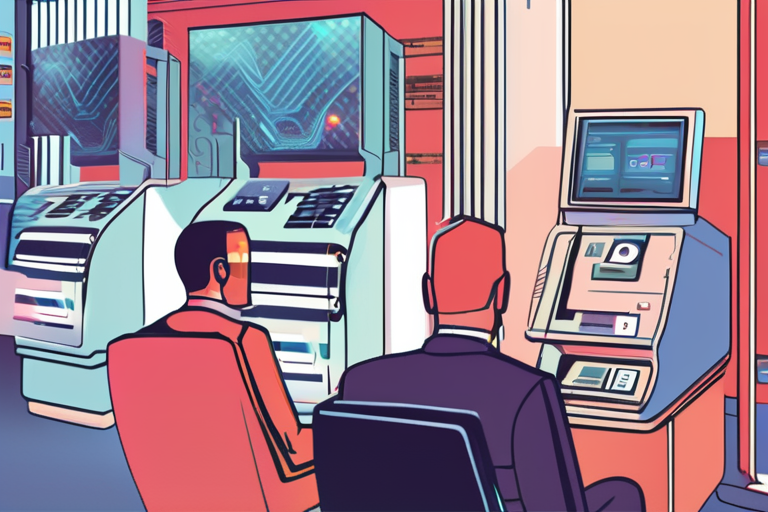

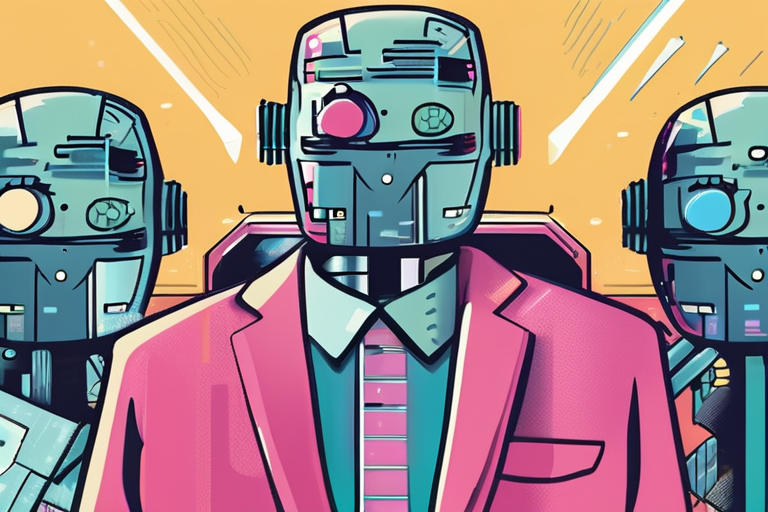
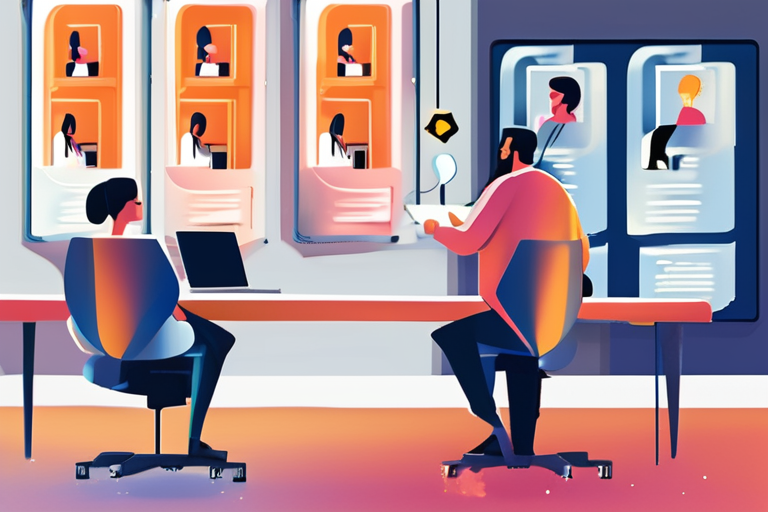
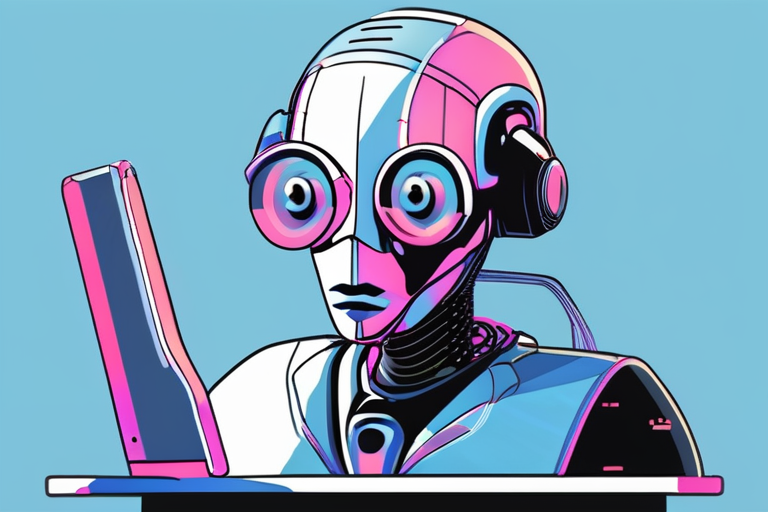



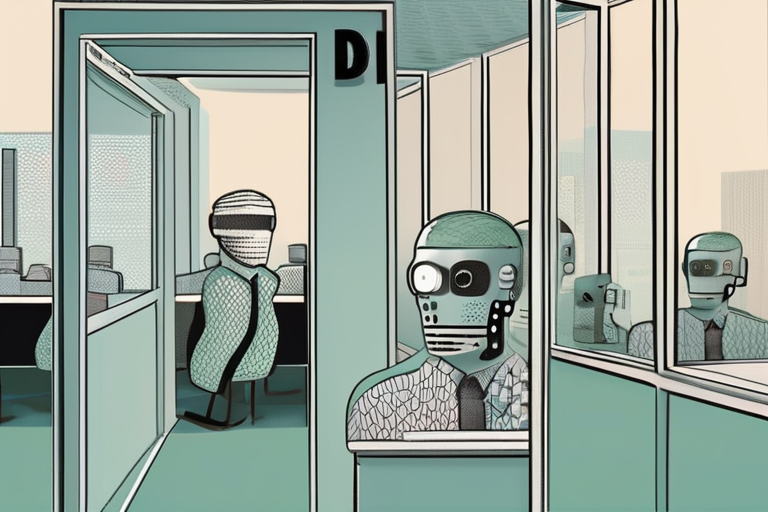



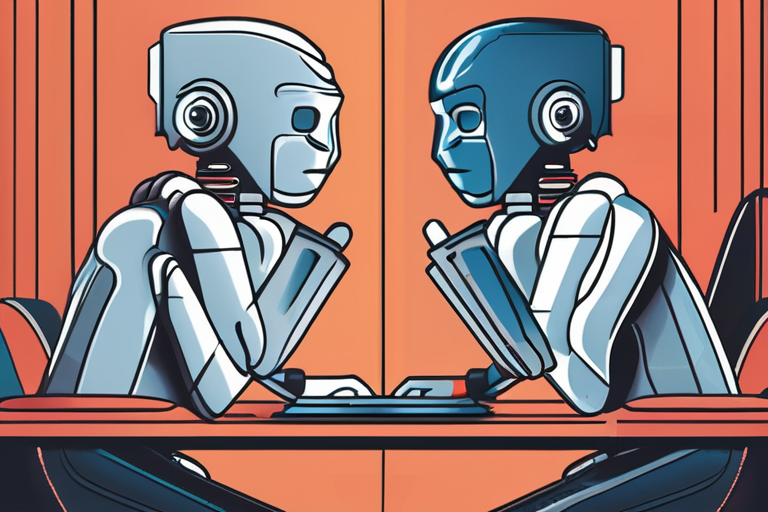

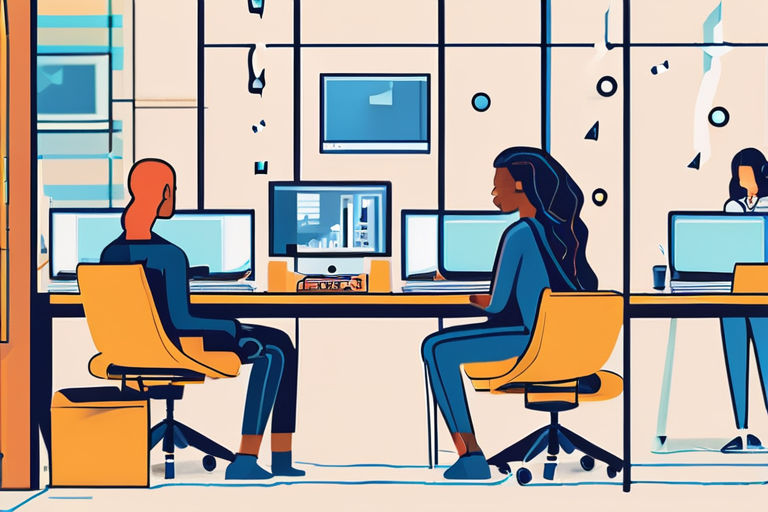
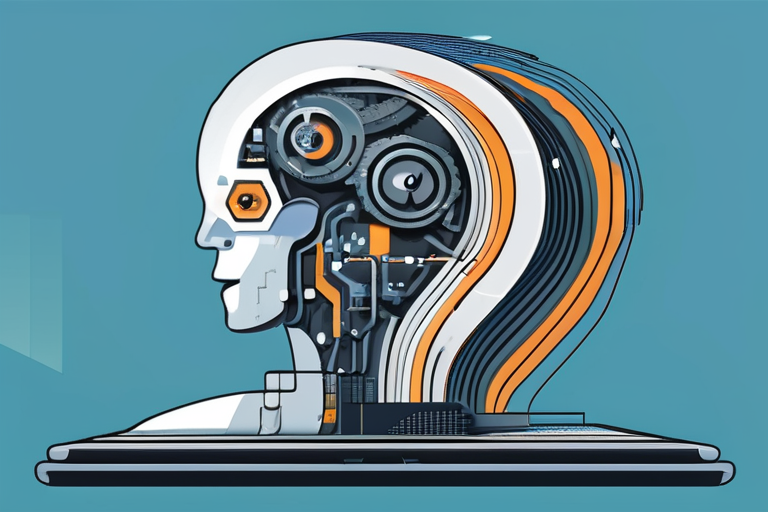

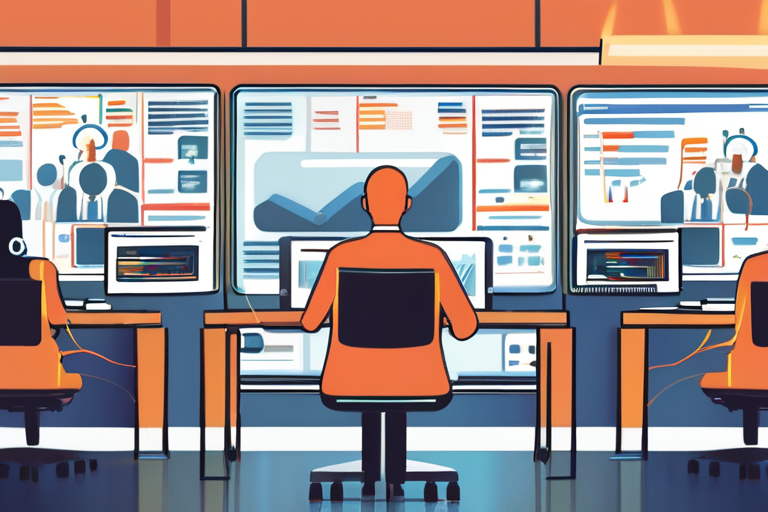

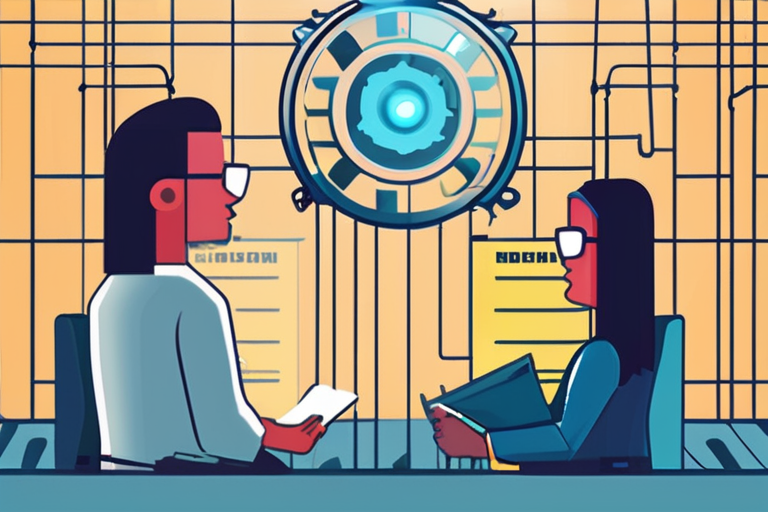

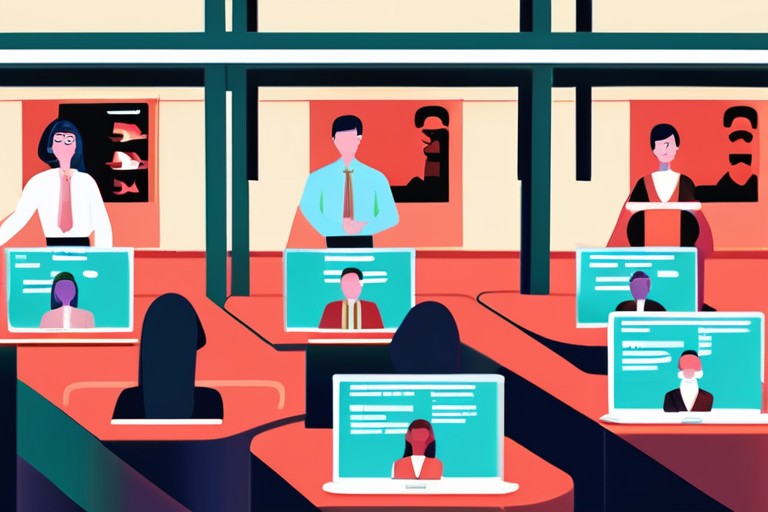
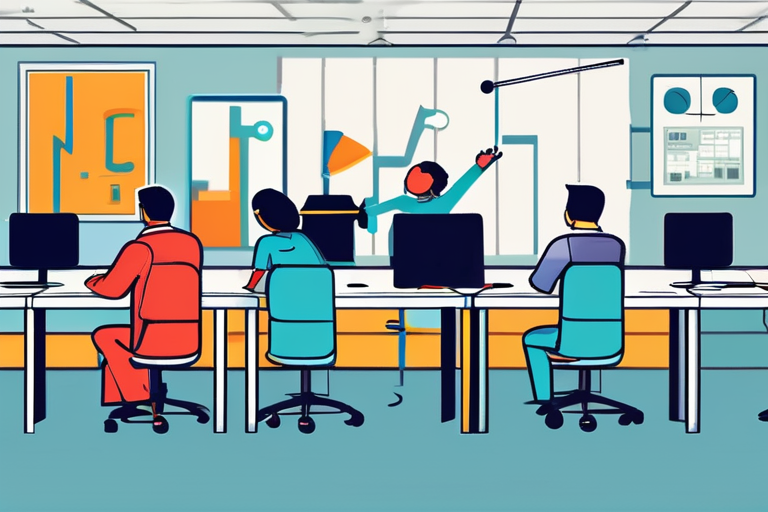
Share & Engage Share
Share this article